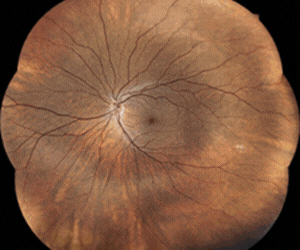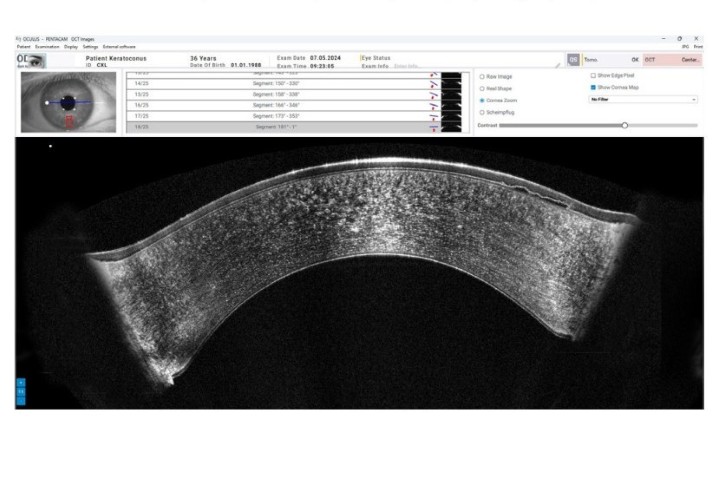Alzheimer’s drug’s surprise AMD effect
New research by US company Cognition Therapeutics suggests its experimental oral drug zervimesine (CT1812) may help address key cellular dysfunctions in dry age-related macular degeneration (AMD), reported the company.
The findings of separate studies, published in collaboration with the University of Southampton in Nature Scientific Reports, build on previous studies of zervimesine’s effects in Alzheimer’s disease. One study analysed cerebrospinal fluid (CSF) collected from participants of two Alzheimer’s disease clinical trials to identify the impact of the drug’s treatment on disease-relevant proteins. Analysis of these CSF samples identified pathways associated with AMD that were altered by zervimesine, leading to a further study investigating zervimesine’s ability to rescue important cellular processes in an AMD cellular model.
The studies demonstrated zervimesine’s ability to help restore function in retinal pigment epithelial (RPE) cells, which play a crucial role in maintaining photoreceptor health, said Cognition Therapeutics. Lab-based modelling shows RPE cells’ capacity to break down the debris of photoreceptor outer segments was compromised when the cells were exposed to amyloid beta oligomers or oxidative stress, explained study-lead Associate Professor Arjuna Ratnayaka from the University of Southampton, UK. “However, the addition of zervimesine and other compounds normalised the function of RPE cells.”
Treatment with zervimesine altered proteins and pathways strongly associated with geographic atrophy and macular degeneration,” said Dr Mary Hamby, Cognition Therapeutics’ vice president research. “This finding was striking and at first somewhat unexpected given the patient population under study was about Alzheimer’s disease and not macular degeneration.”



























